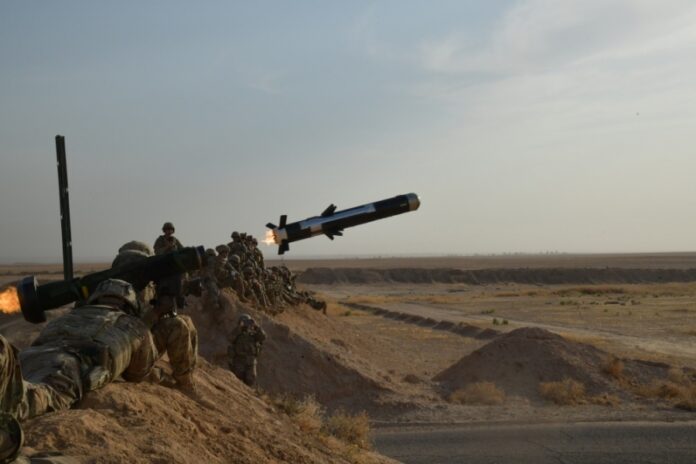The withdrawal of American forces from Syria finally moves the U.S. away from its catastrophic military endeavors
It’s time to give credit where credit is due.
President Donald Trump’s decision to withdraw American forces from Syria, in addition to halving the number present in Afghanistan, has largely been met with universal disdain from both sides of the political spectrum, as well as by many of the military’s establishment elite. Yet this momentous policy decision represents the first departure from the status quo of disastrous, interventionist American foreign policy since the post-War era.
America’s involvement in the war in Syria — defined by questionable legality, the arming and funding of suspect rebel groups and a generally vague strategic agenda — has gone mostly unchecked by a mainstream media that seems increasingly interested in petty politics and less concerned with checking the powers of America’s imperialist managerial state.
Similarly, after 17 years of deadly and largely ineffective combat in Afghanistan, media coverage of the war is almost non-existent — and when it does cover the conflict, it is conducted with little regard for transparency. Both the war in Afghanistan and the ongoing American intervention in Syria project a muddled coverage of the American war machine, often featuring contradictory reports, inconsistent narratives and, according to some, fabricated stories. The failure of the mainstream media to provide consistent and unbiased coverage of America’s foreign policy endeavors has done little to alleviate the anxieties of an anti-war crowd that sees the media as complicit in fueling disastrous American military endeavors.
So it came as no surprise this week that Trump’s positioning toward a less interventionist military strategy was been met with nearly universal disdain from the country’s biggest and most powerful media outlets. But perhaps more disturbing was the similarly uniform statements of contempt expressed by both aisles of America’s political establishment.
Democrat elites have jumped on the decision as an opportunity to continue to push the bizarre narrative of Trump being subversive to Russian influence, while hawkish Republicans have accused the president of rash and impulsive decision making. Yet ending catastrophic foreign policy blunders was a key component of Trump’s presidential campaign agenda, one of the few issues that had cross-spectrum appeal to both left and right populists. In fact, the pacified variant of neoconservative policy adopted by Trump during the first two years of his presidency was largely met with opposition from his anti-war base.
Defined by a platform of political resistance to President Trump and absent a unified ideological foundation, the Democrats will continue to portray the military establishment’s disapproval of Trump’s decision-making as evidence of his incompetence. Similarly, pro-war Republicans will become increasingly hostile towards the president’s administration and cite prominent military resignations as proof that warmongering is the only way forward.
What both sides fail to realize is that America’s attempts at regime change and hegemonic influence have been catastrophic failures that have both harmed our global image and made the world less safe. The War in Iraq led to a power vacuum that facilitated the rise of ISIS, paved the way for greater Iranian influence, increased sectarian violence and led to the mass exodus of the country’s already dwindling Assyrian Christian minority. Libya — once North Africa’s crown jewel — descended into chaos after the NATO-backed ousting of Muammar Gaddafi. Now the country has plunged into chaos and has become littered with violence and home to a modern-day slave trade.
So what future awaits Syria if a similar strategy were to be adopted? Already, conflict between the sovereign government of Syria and American-backed rebels have helped create a massive refugee crisis that has overwhelmed surrounding countries and emboldened the European far right. Should the U.S. and NATO continue the illegitimate policy of regime change, Syria’s diverse collection of ethnic and religious minorities stand to lose the most in the inevitable violence.
While it remains to be seen whether or not Trump’s recent policy announcements are a legitimate departure from the status quo or mere rhetoric, it is at the very least a clear indictment of the shocking power of the American military-industrial complex. No longer should Americans or the world remain hostage to hawkish, transnational interest groups who stand to benefit from perpetual foreign wars. Political allegiances aside, it is time to end the bloodshed.
Written by: Brandon Jetter — brjetter@ucdavis.edu
Disclaimer: The views and opinions expressed by individual columnists belong to the columnists alone and do not necessarily indicate the views and opinions held by The California Aggie.








